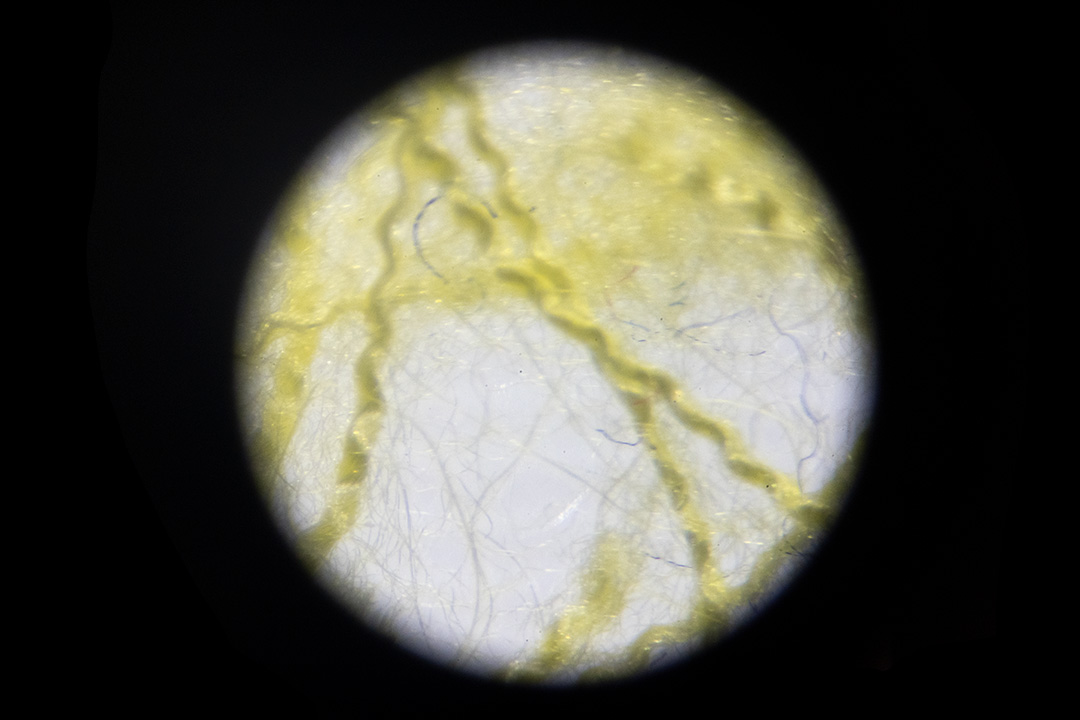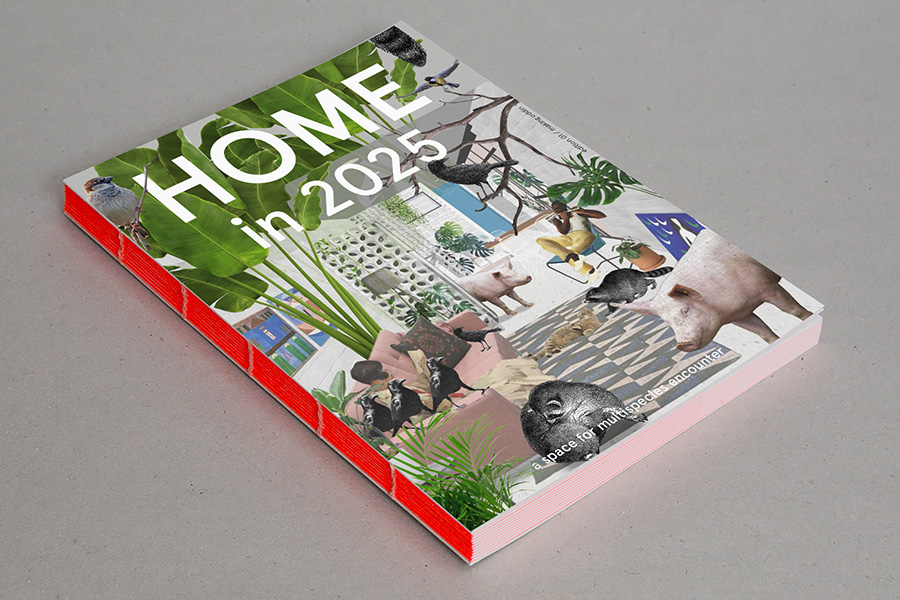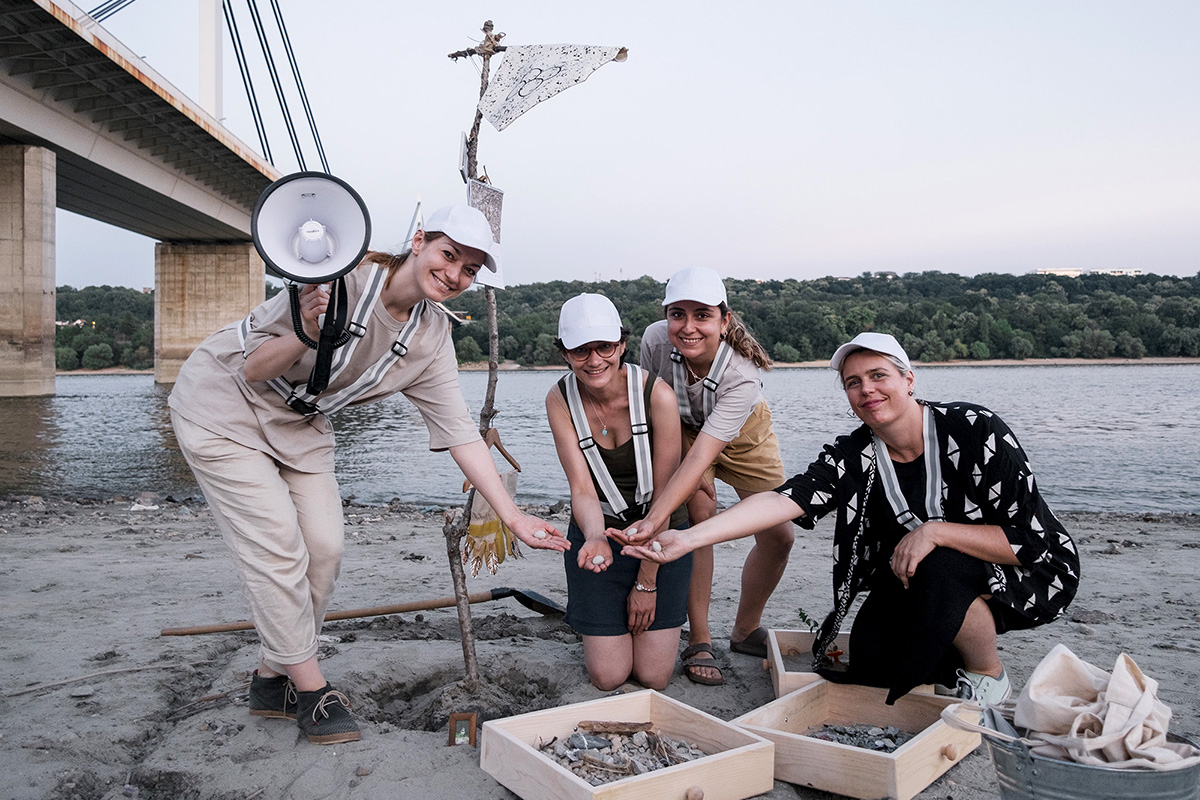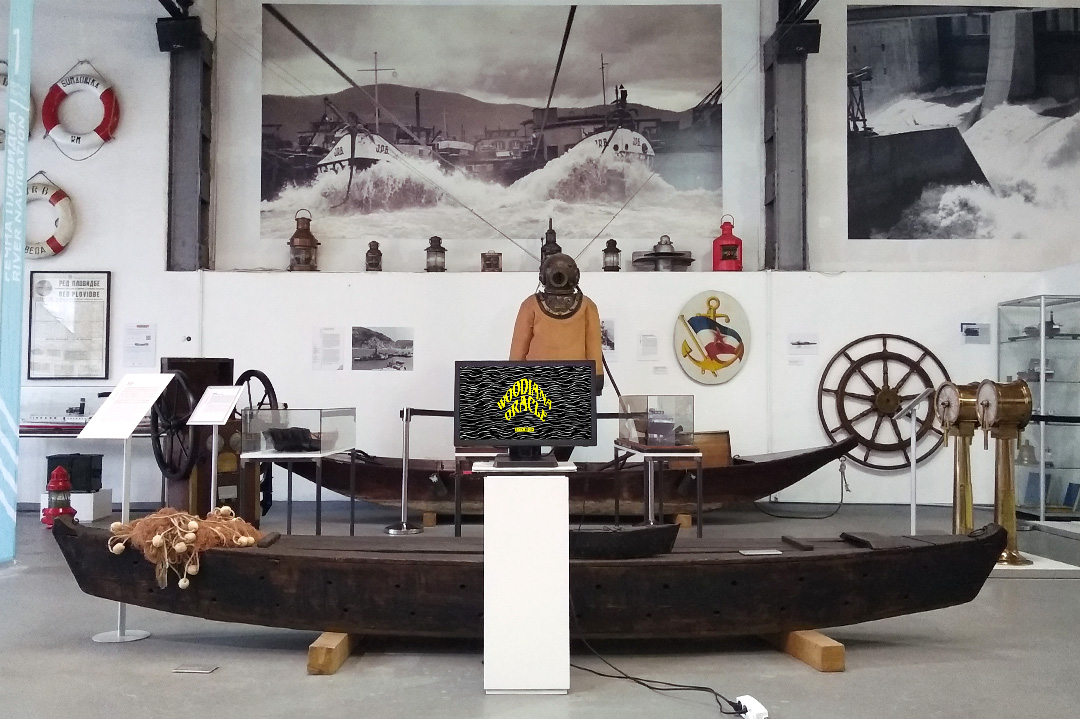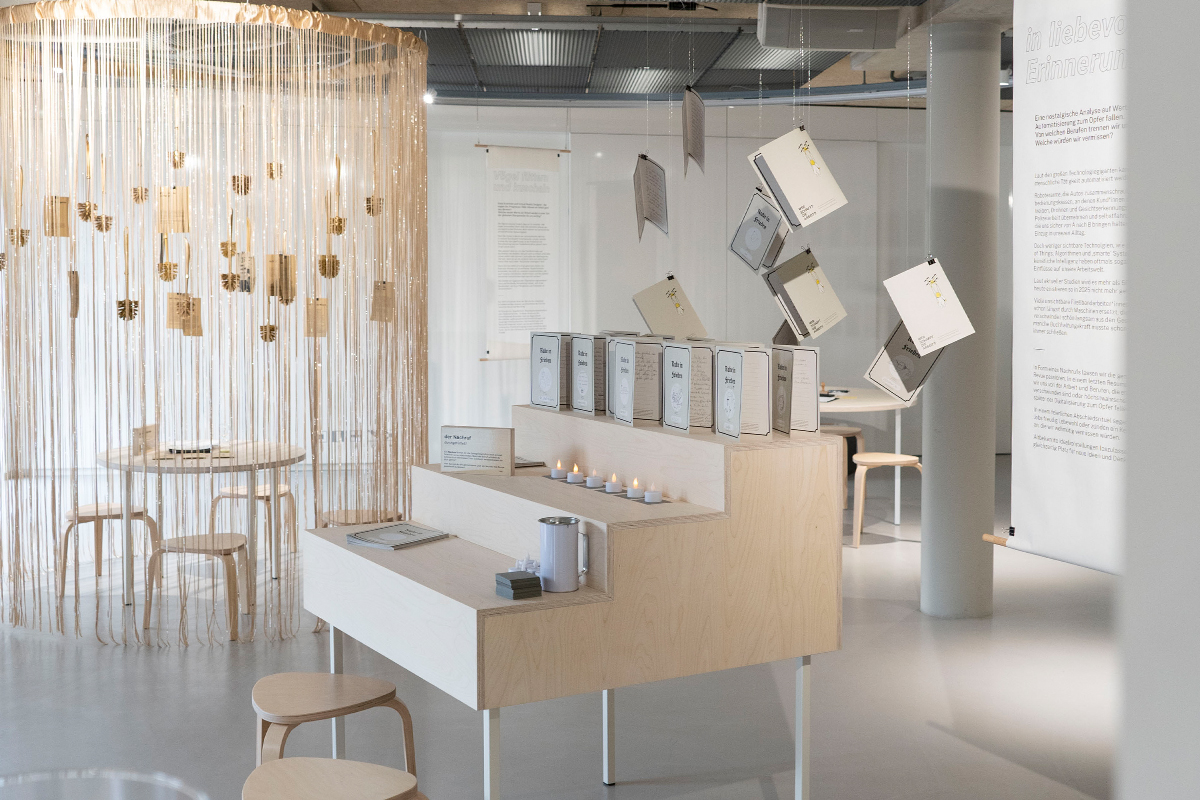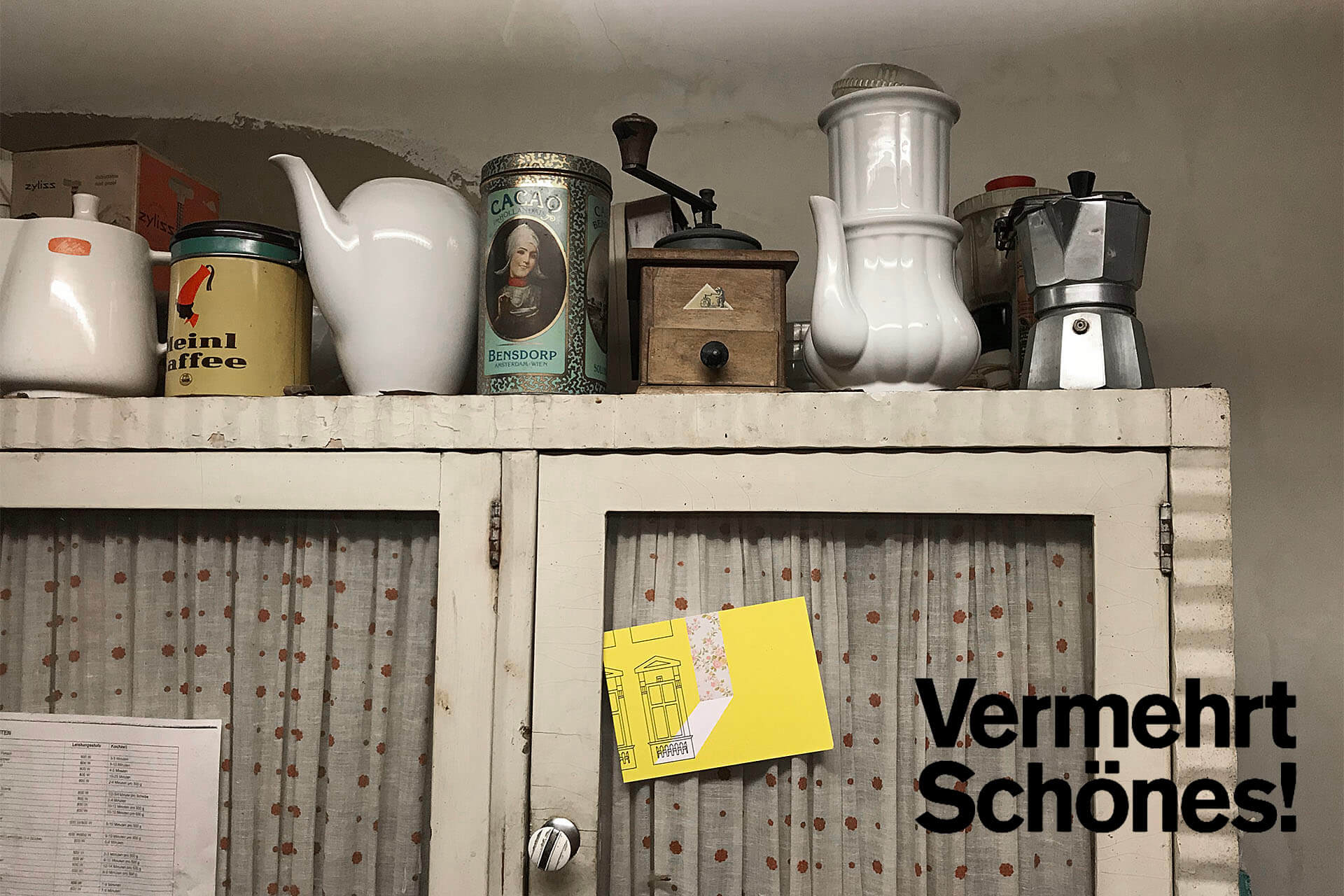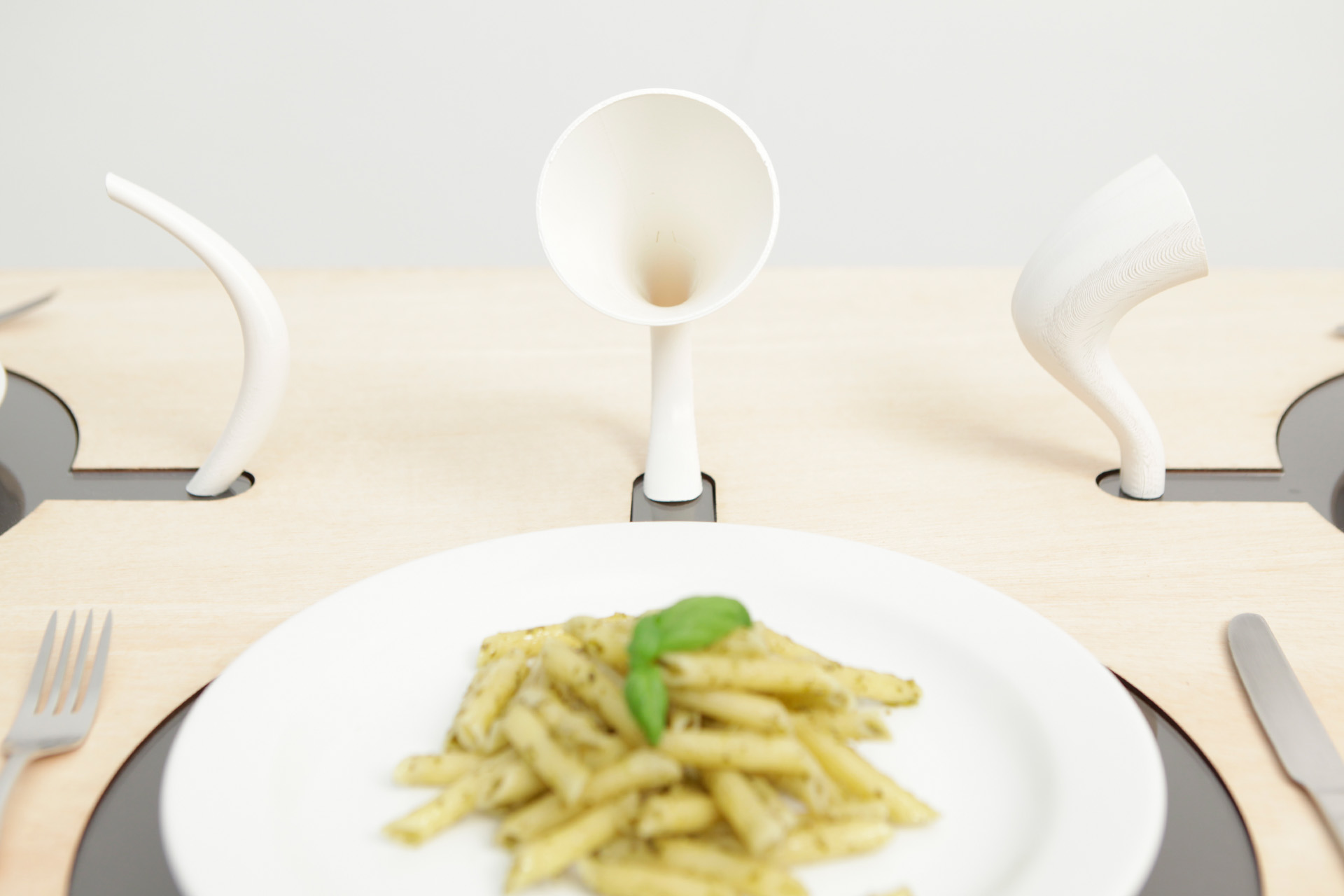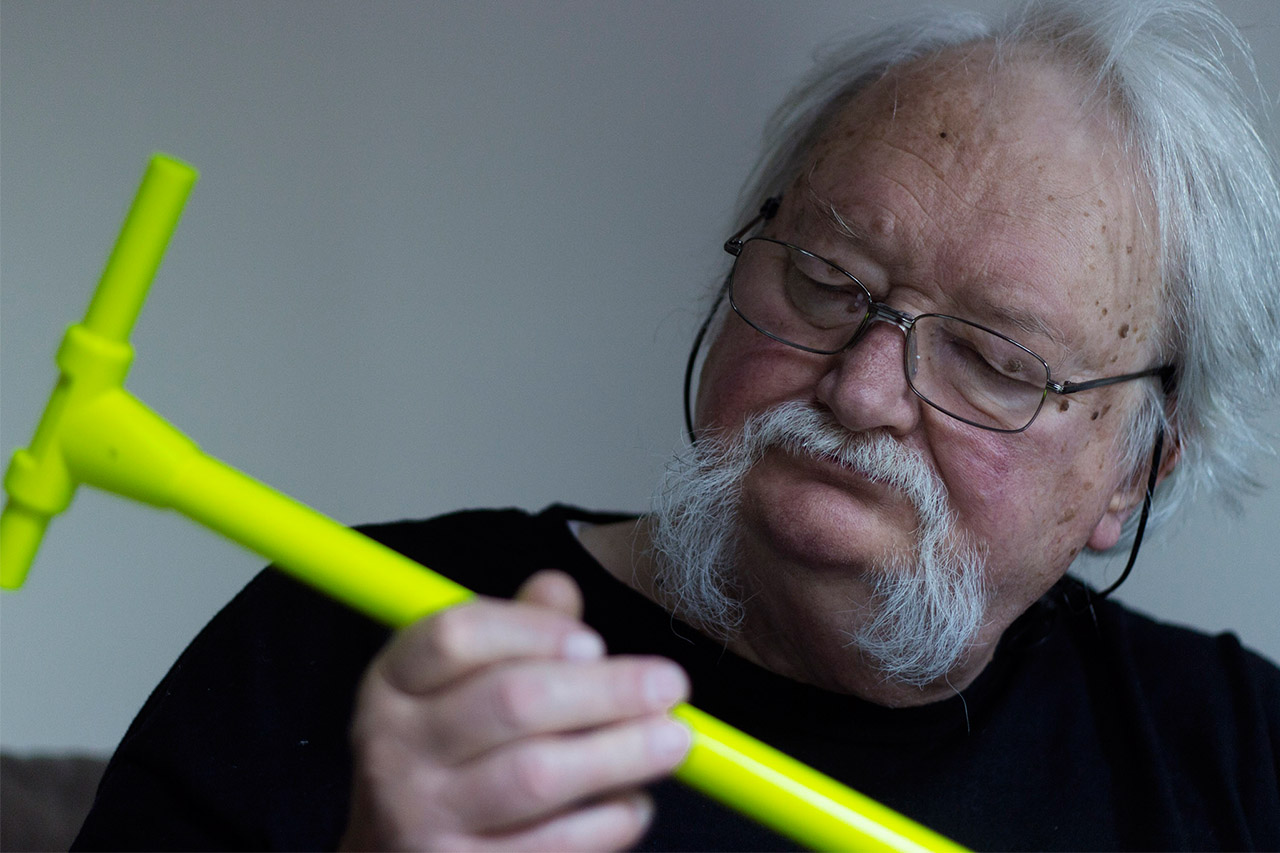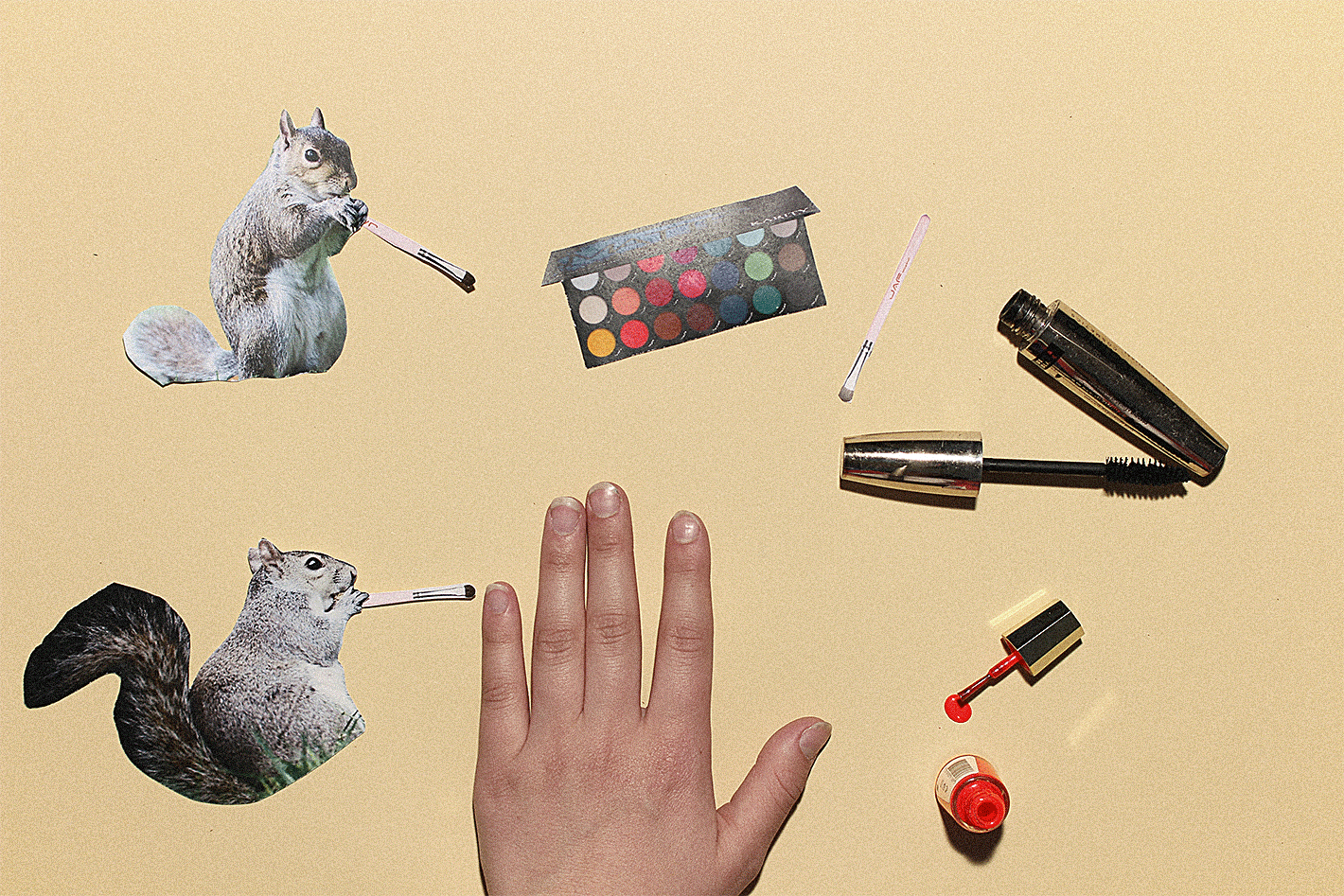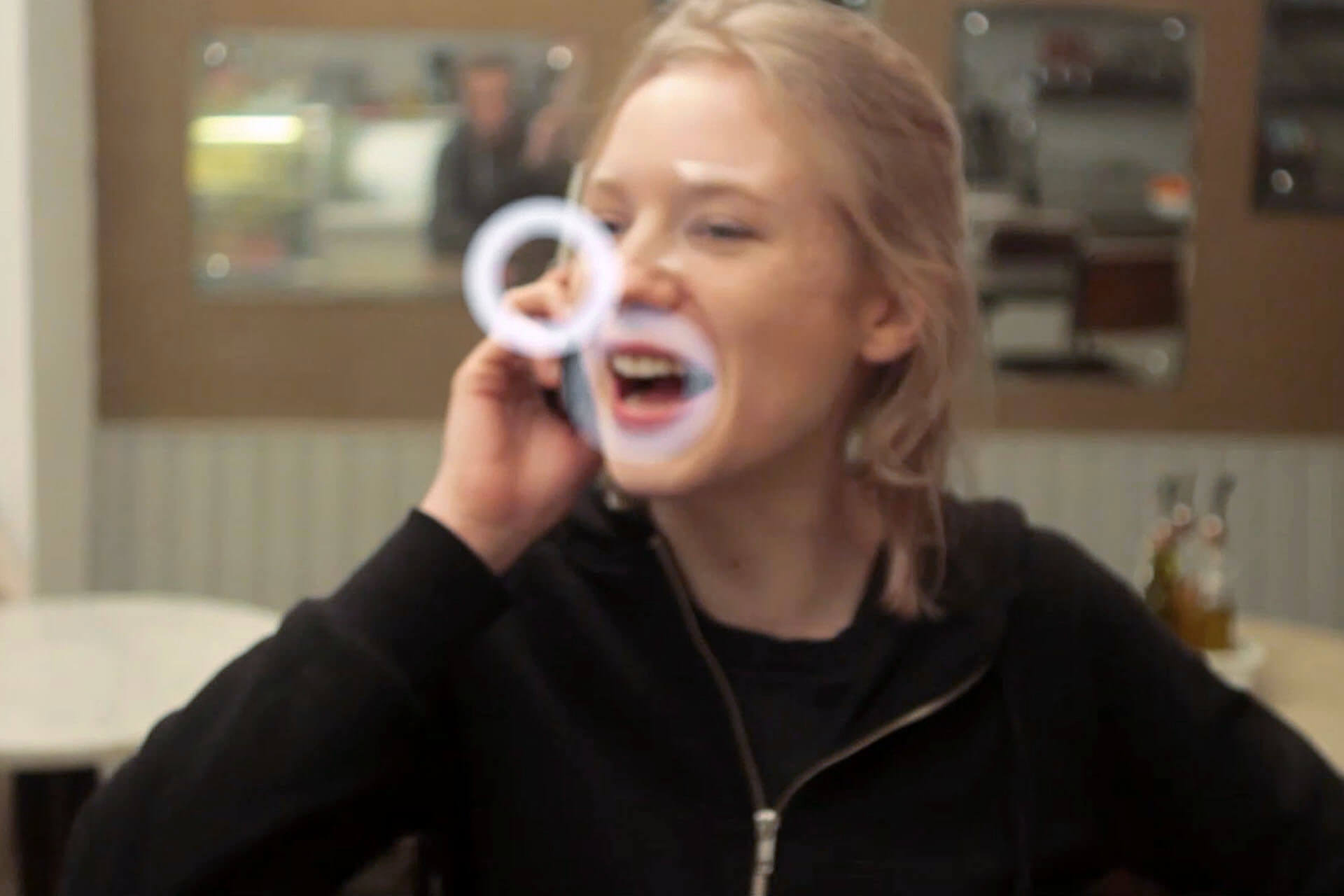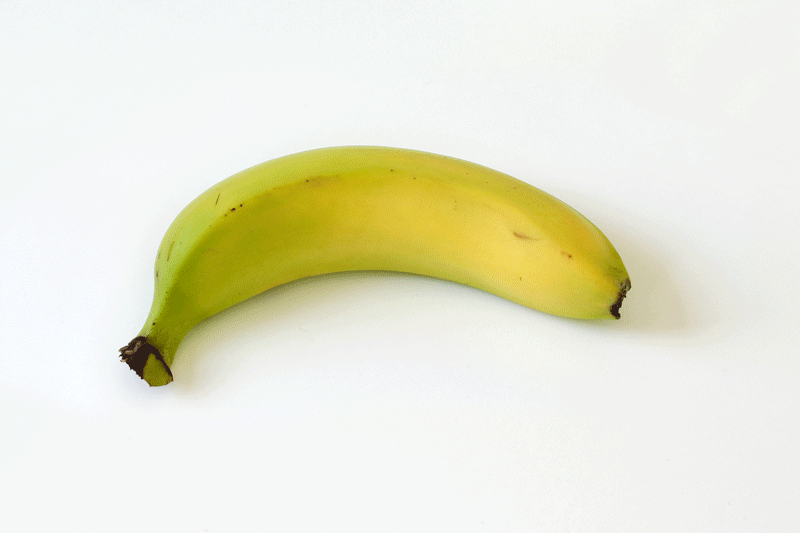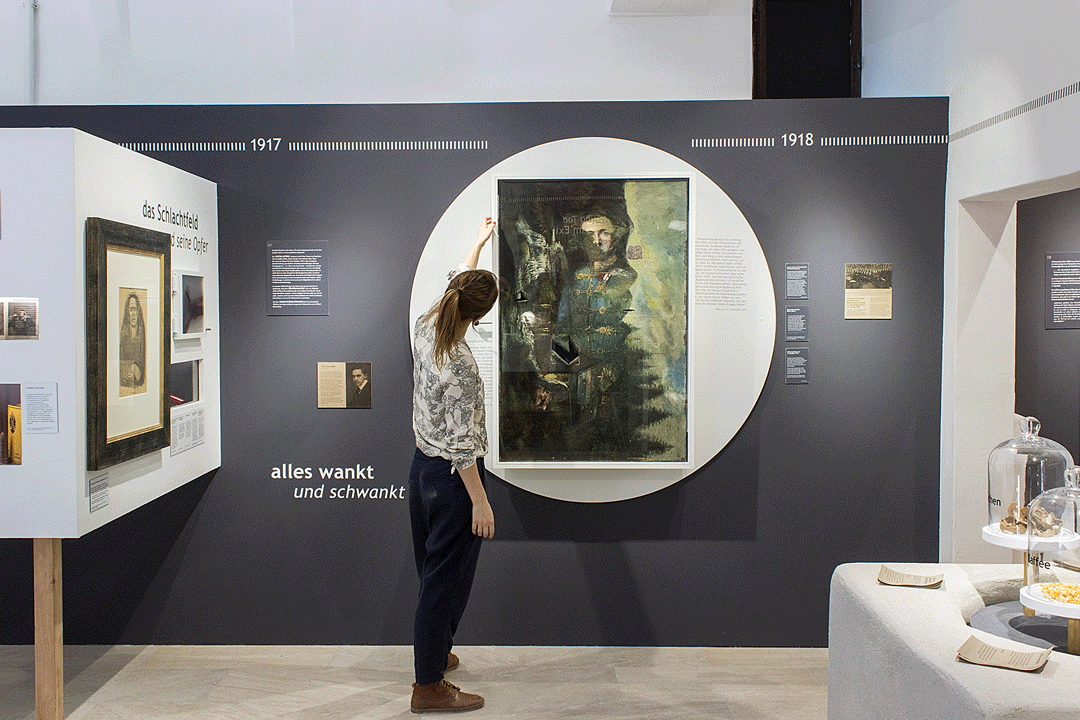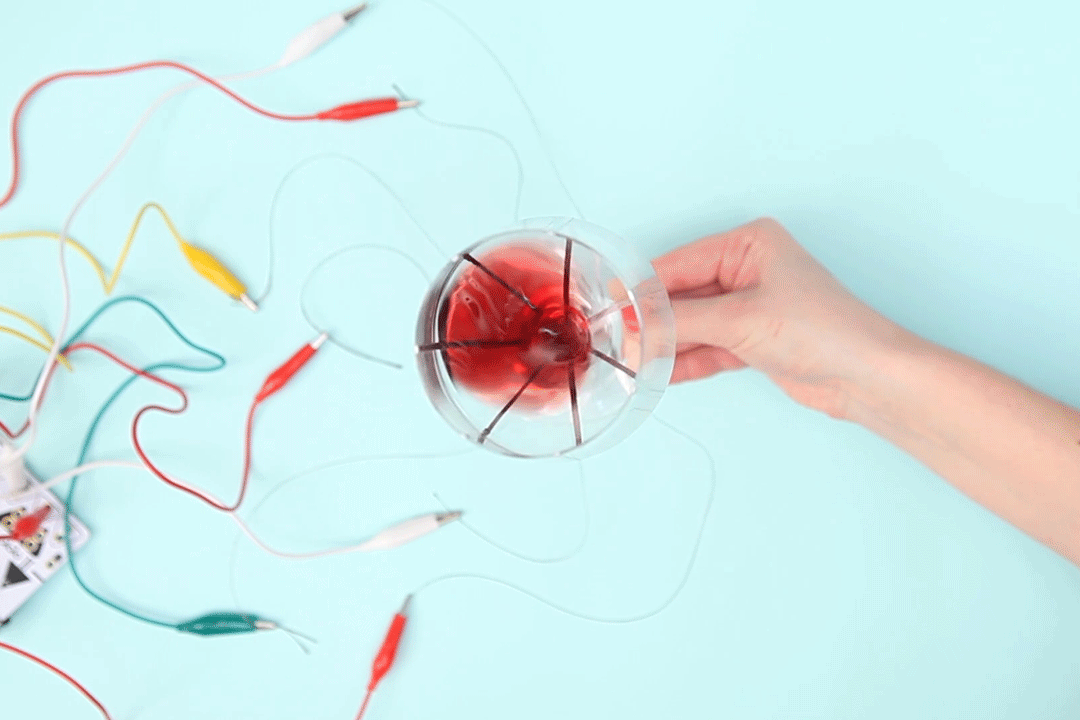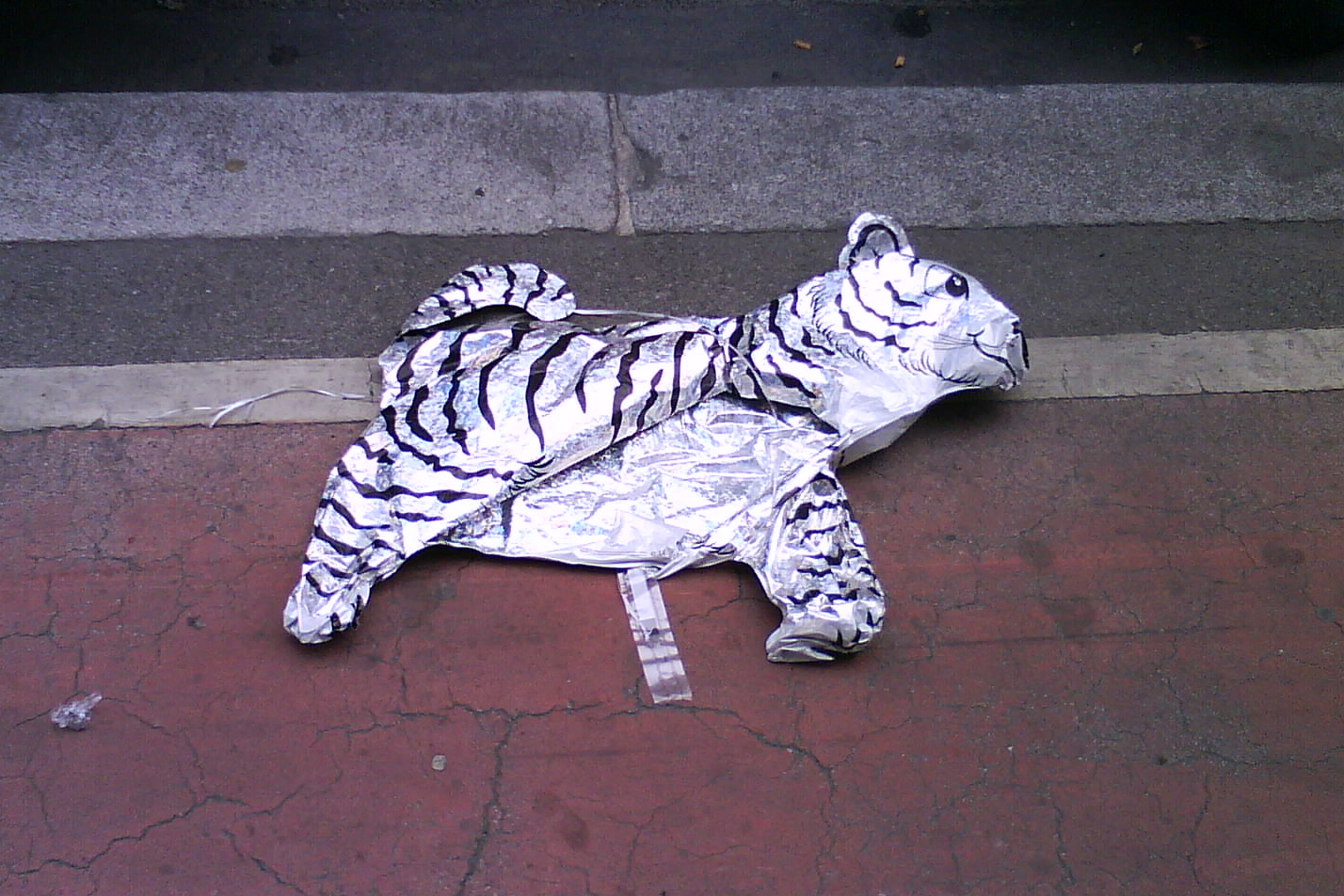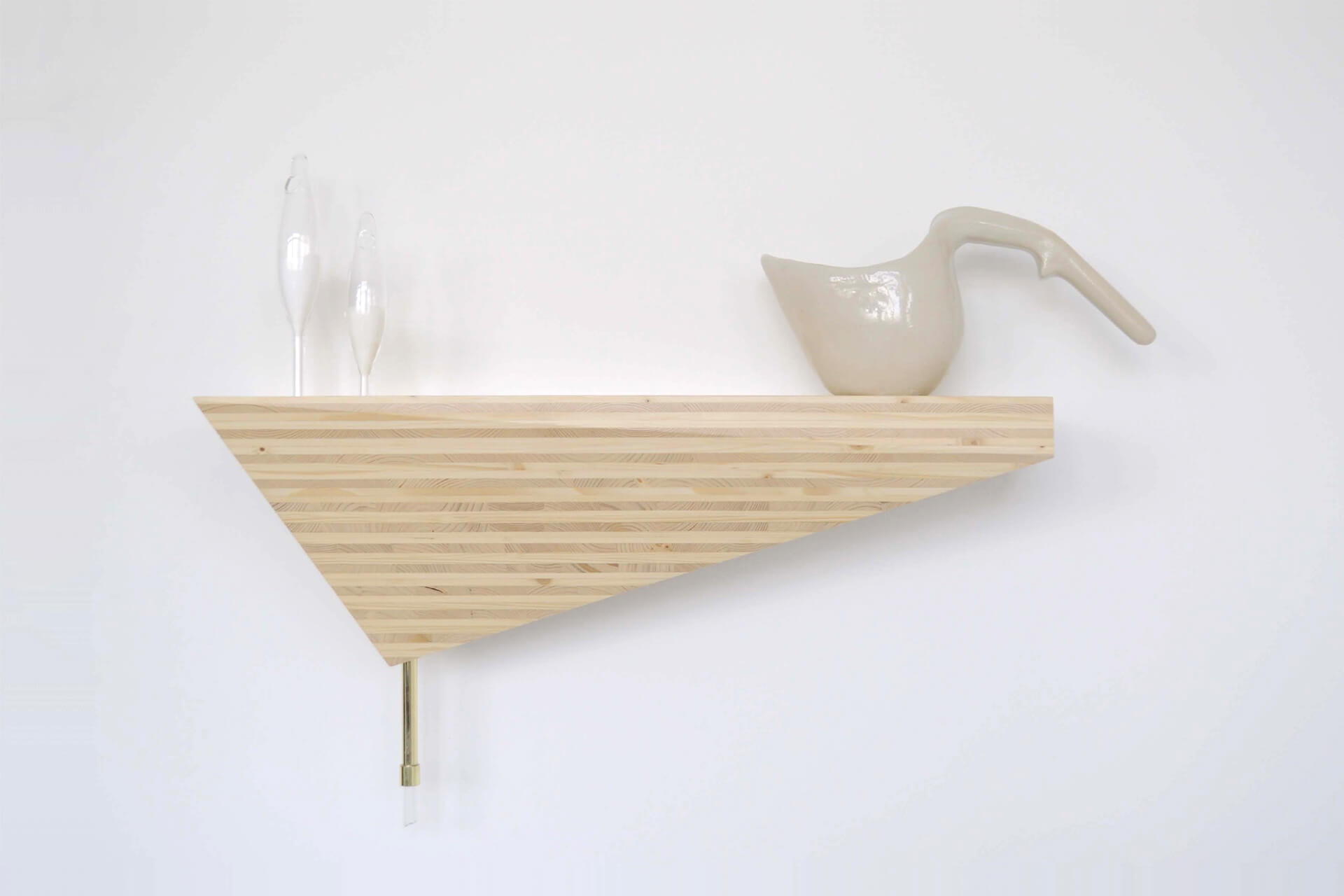ReJam Workbench
PREDIPLOMA 2014 I UNIVERSITY OF APPLIED ARTS I STUDIO FIONA RABY
WHAT IF SHOPS WOULD SEE DISCARDED PRODUCTS AS AN ECONOMIC RESOURCE INSTEAD OF
DISPOSING THEM WHEN THEY ARE NO LONGER SUITABLE TO SELL?
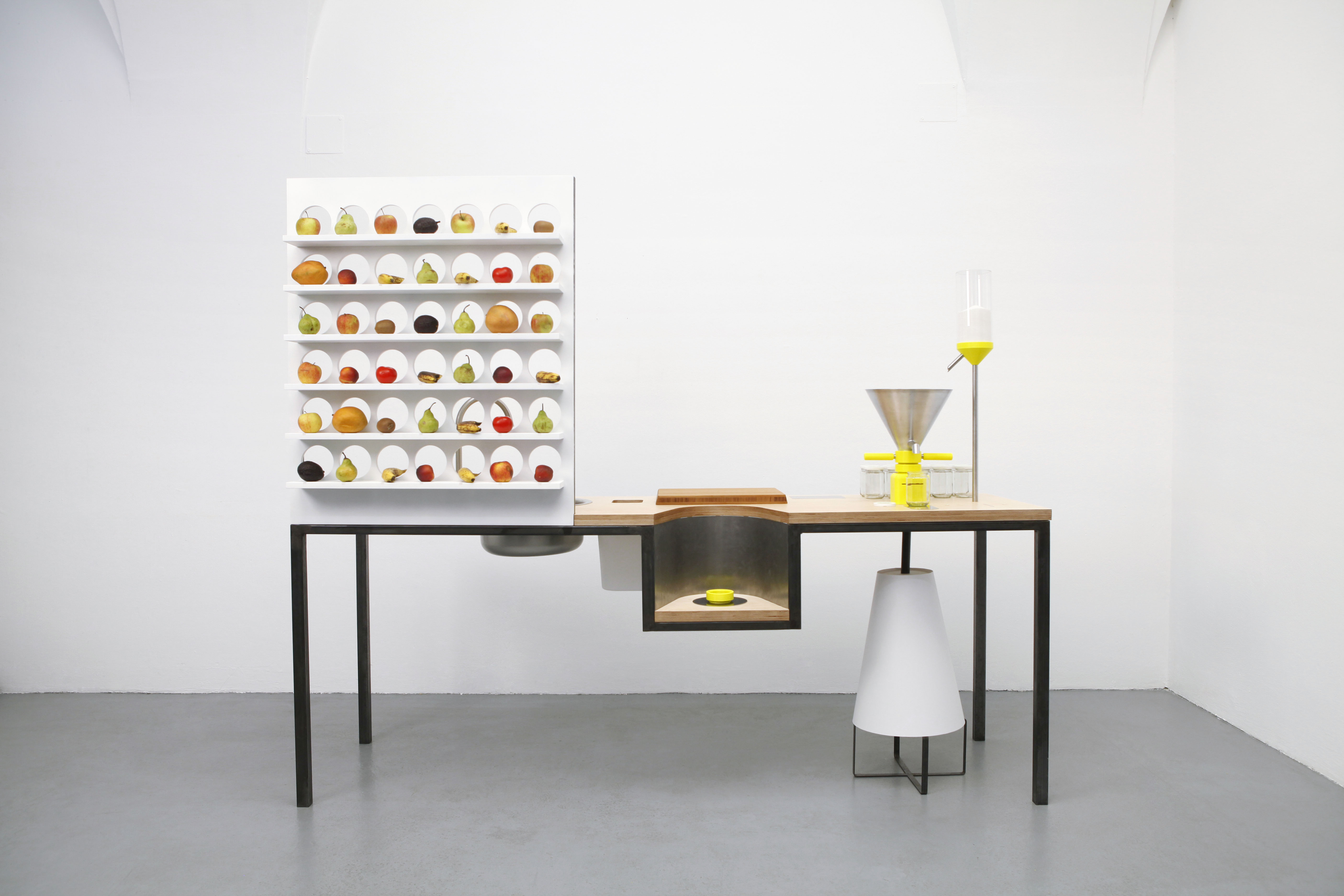

workbench, shelf, jam, film
Advisor
Peter Schanz (Merkur)
During the sorting process in supermarkets many items are discarded because they no longer fit aesthetic standards. Food waste has a huge environmental footprint: Around one third of all the products produced are never consumed.
The ReJAM workbench setup proposes a different way of dealing with discarded climacteric fruits in retail. Climacteric fruits ripen after harvest, which means that there is an increase in sugar and aroma as the fruit gets older. The ripeness level depends on the amount of ethylene the fruit produces, which can be accelerated by bruises. Most of the fruits we buy have not even reached their ideal ripeness!
In the ReJAM shelf the ripeness level of the single discarded fruits is measured constantly to evaluate the best moment to process them into JAM, saving ecologic and economic resources and therefore lengthening the fruits lifespan instead of ending it.
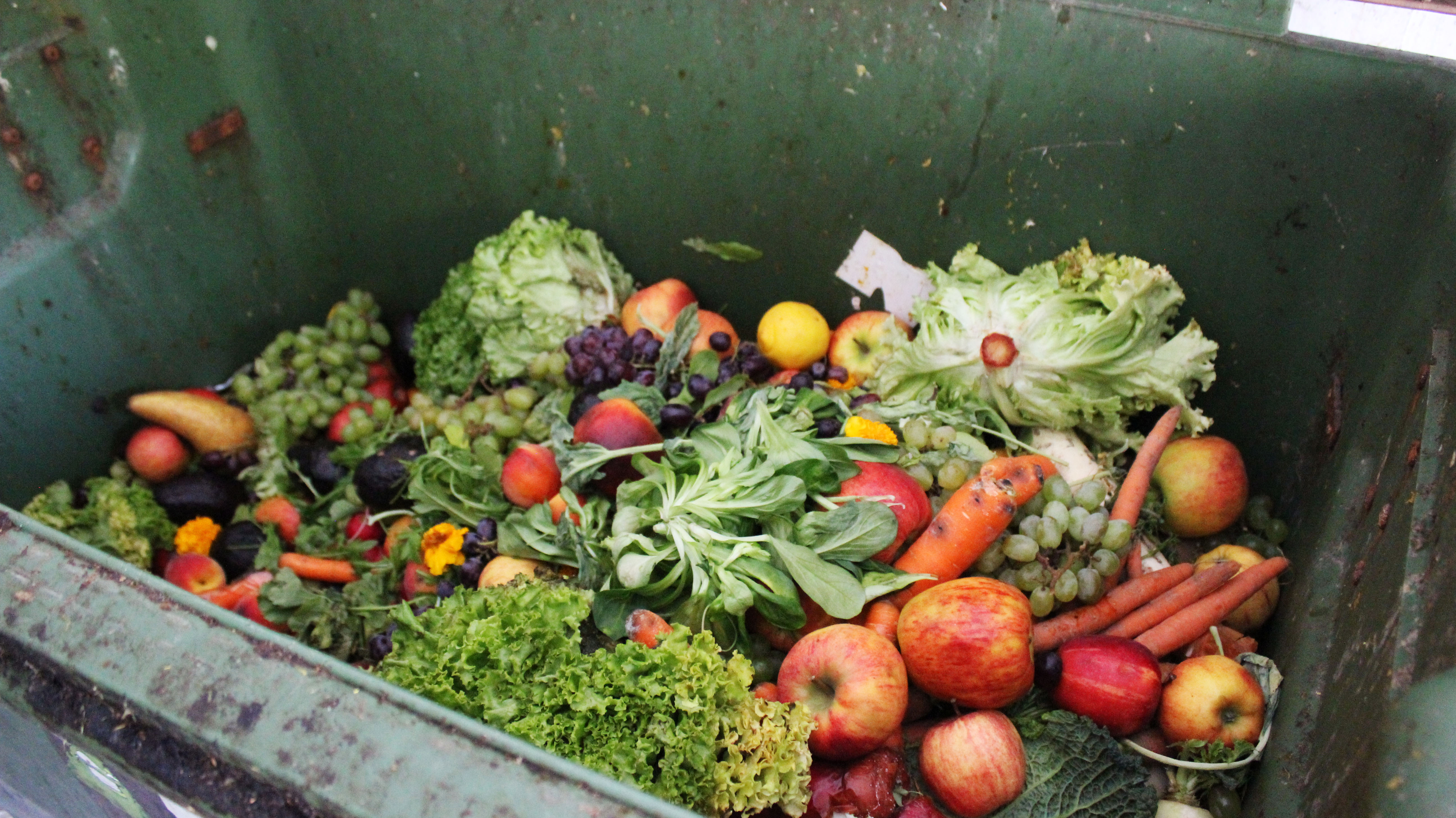

45kg of food per shop per day is discarded, of which 30% are fruits
food waste is responsible for 10% of global greenhouse gas emissions
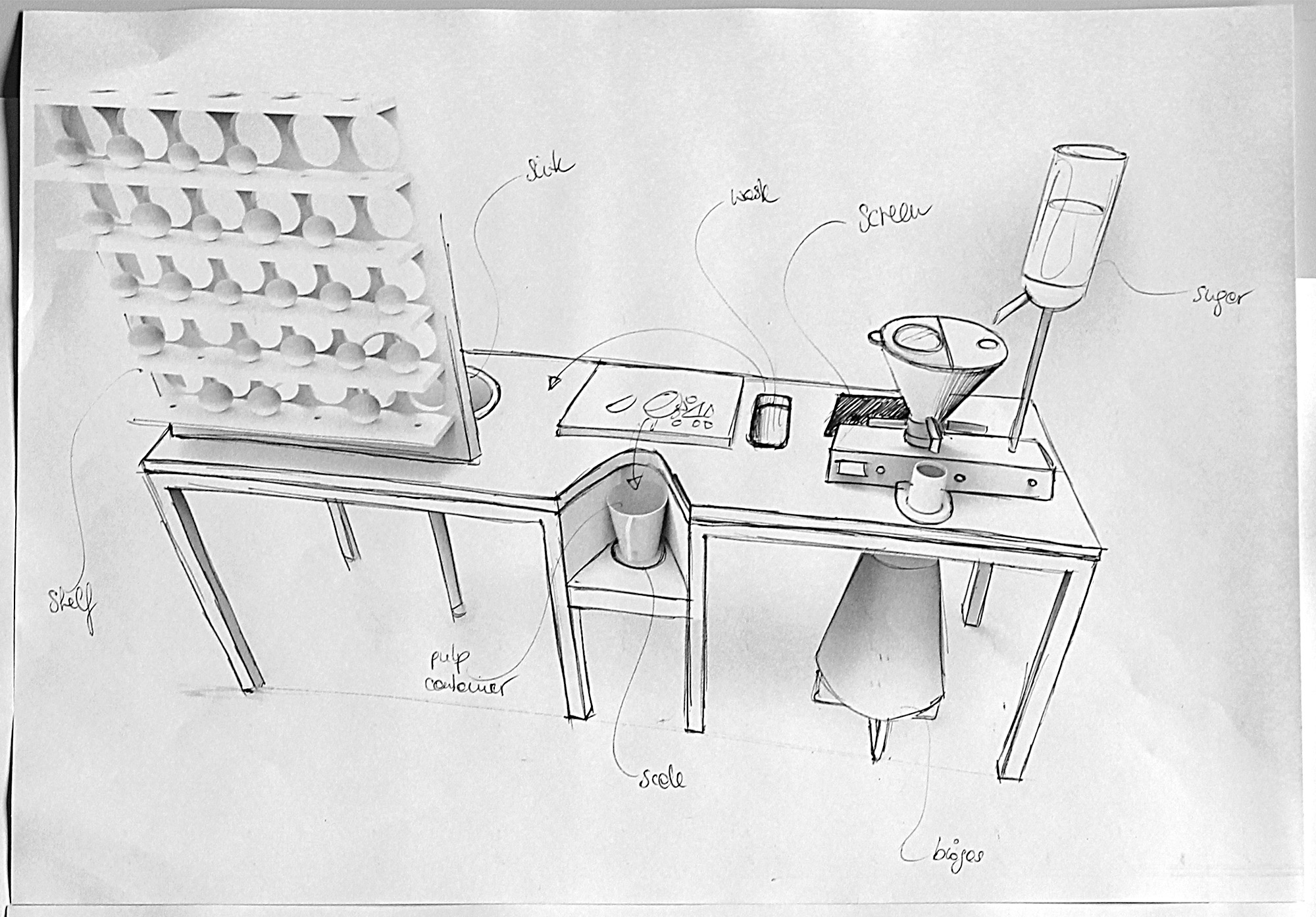

the first initial sketch about how alleged foodwaste could be turned into a valueable product
WATCH HOW STAFF AND CUSTOMER TRANSFORM DISCARDED FRUITS INTO JAM!
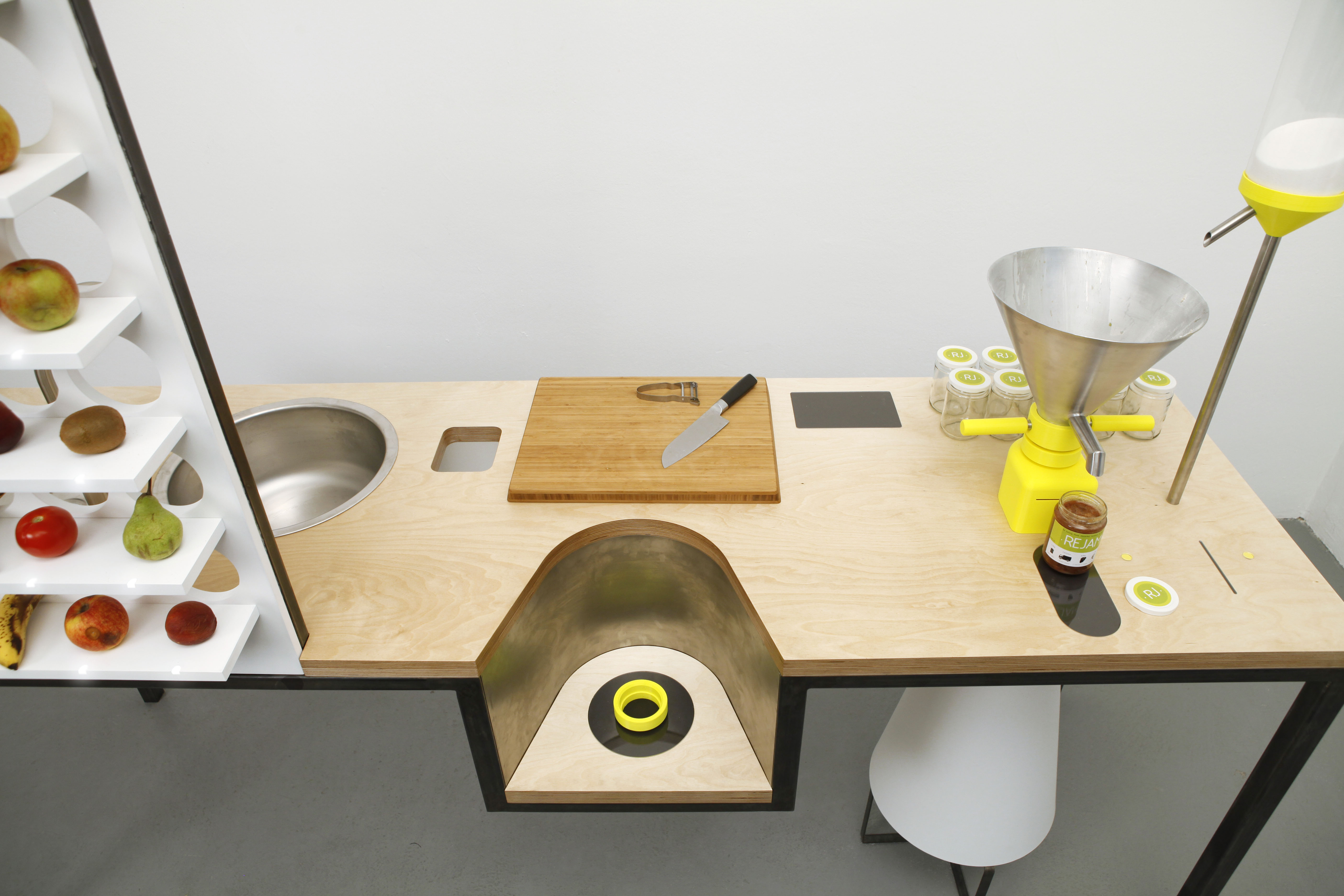

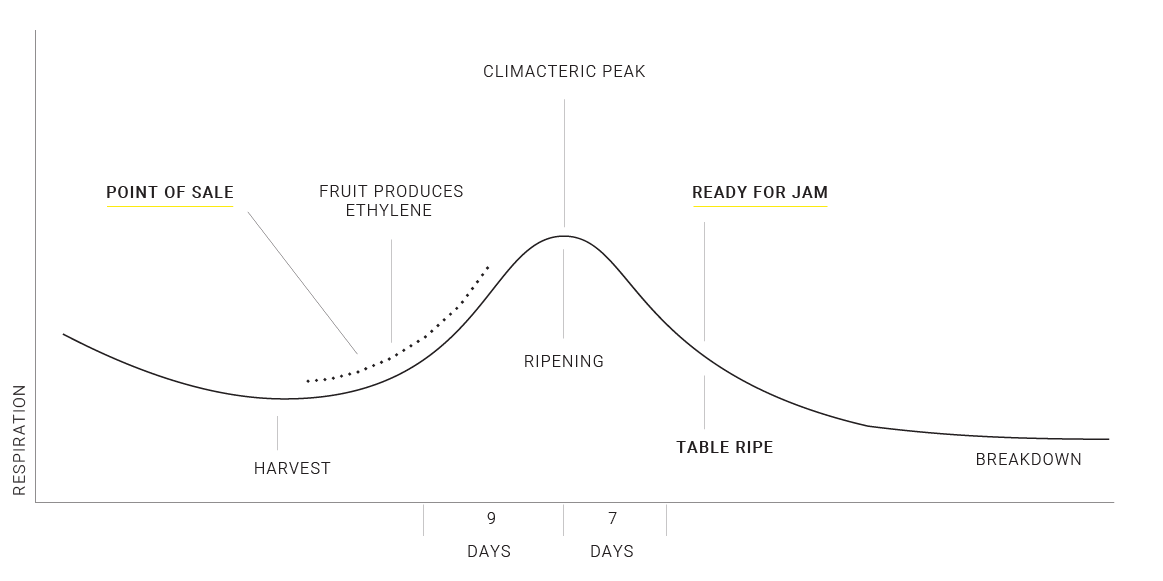

After the first burst of ethylene the fruit reaches the climacteric peak, a moment which triggers the ripening process.
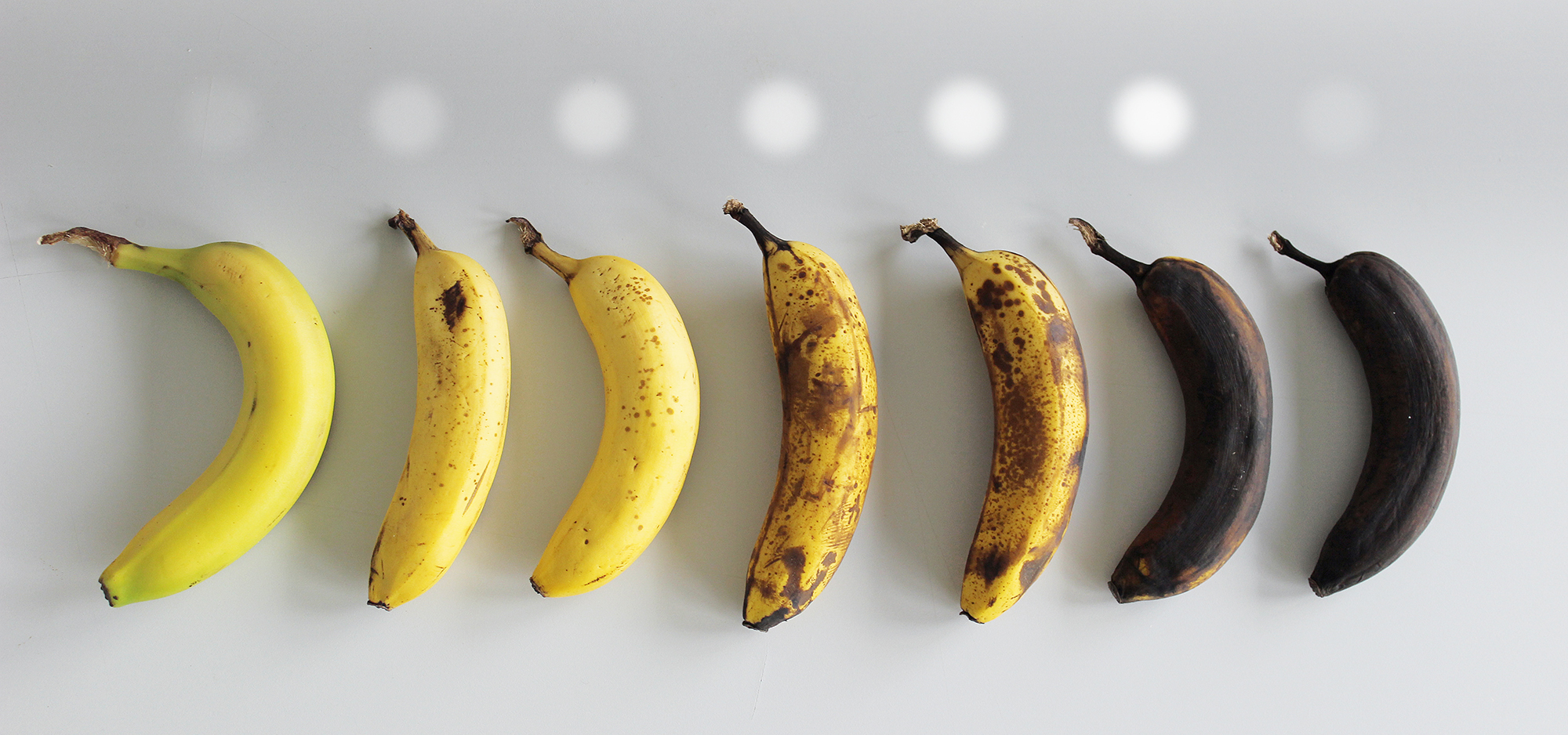

it takes a while for a climacteric fruit like a banana to develop the ideal ripeness and aroma
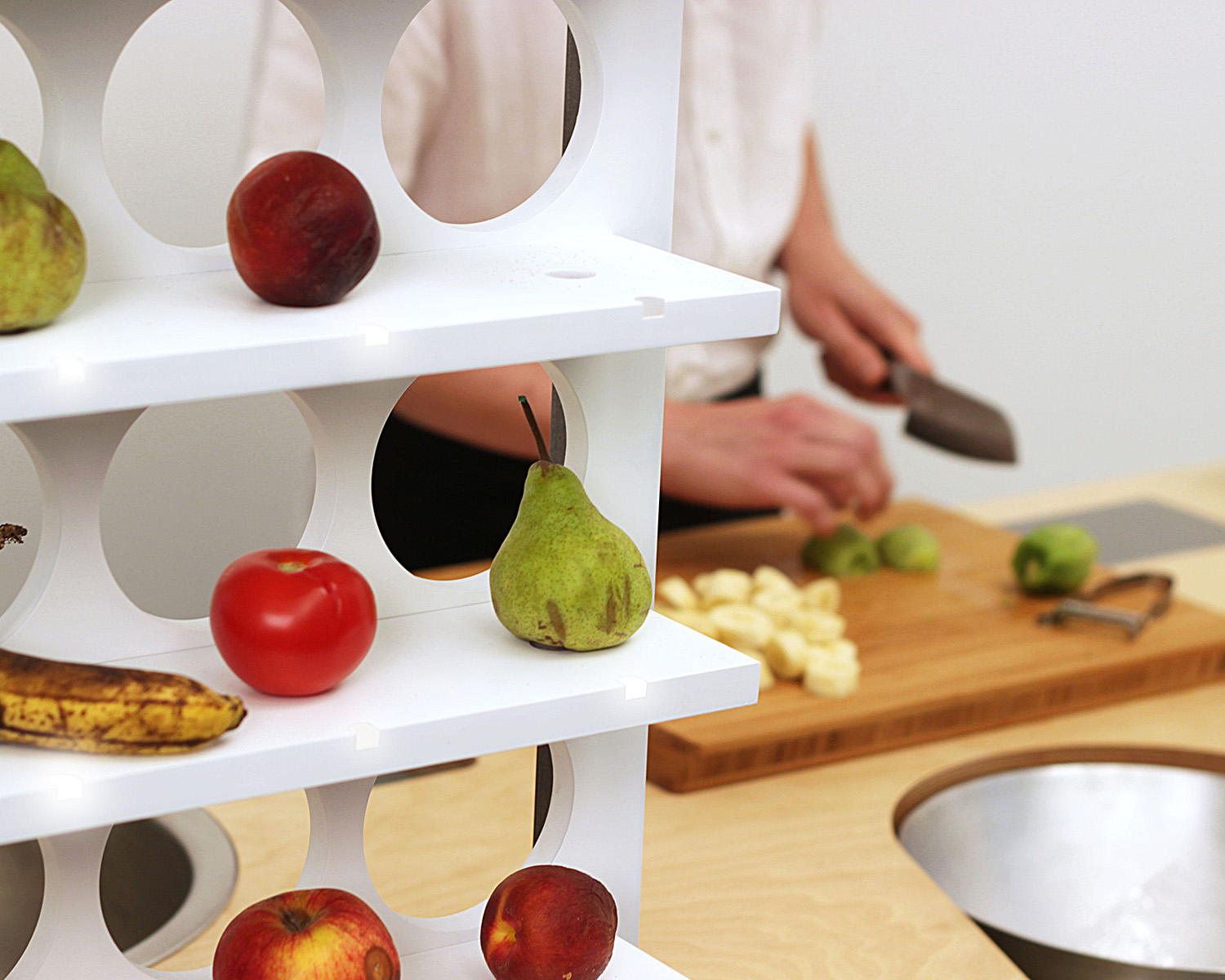

1. pick and chop
sensors within the shelf measure the amount of ethylene the fruits excrete, small lights beneath the fruits indicate the ripeness level
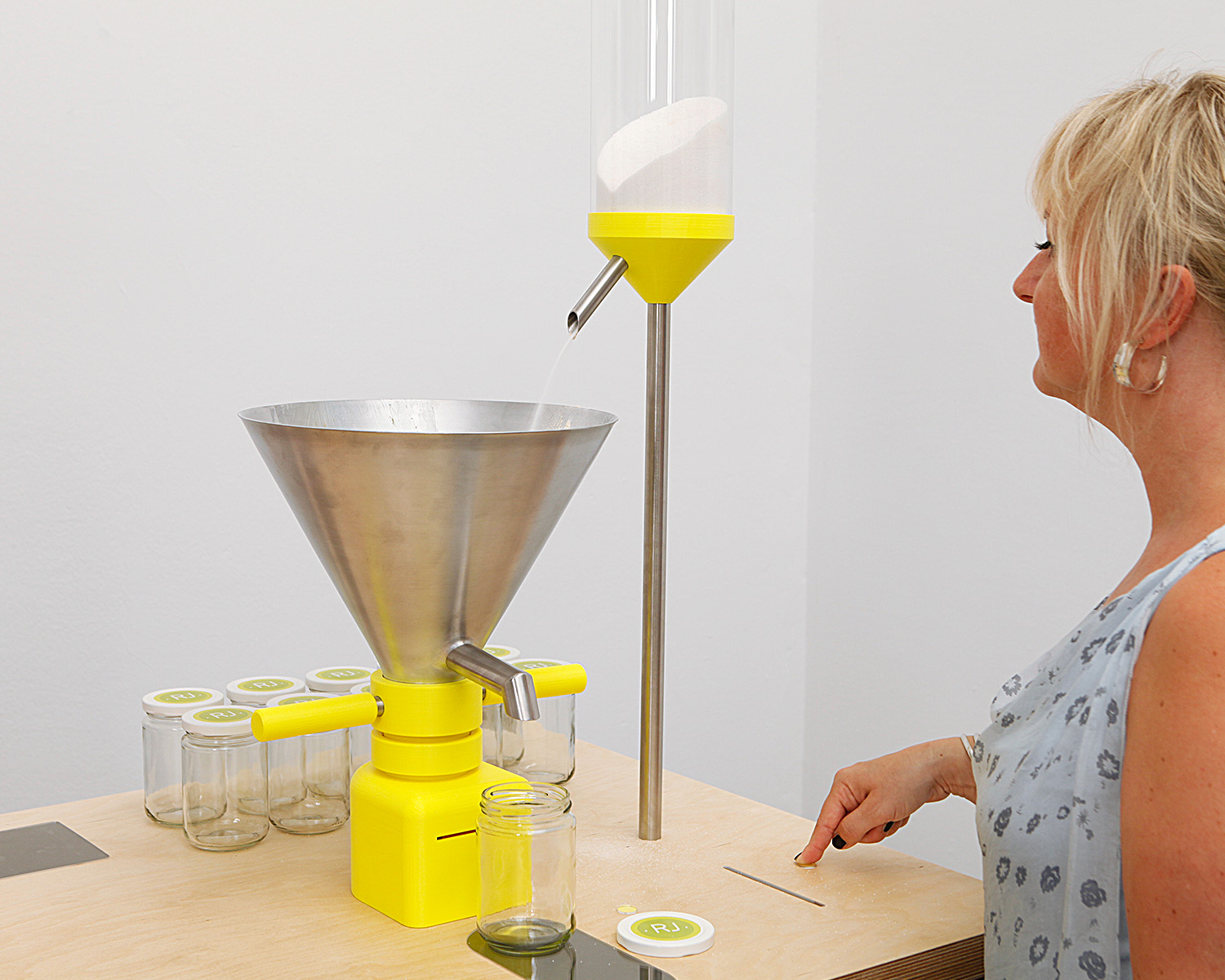

2. add sugar & citric acid
to give the fruit pulp the desired taste and make it durable
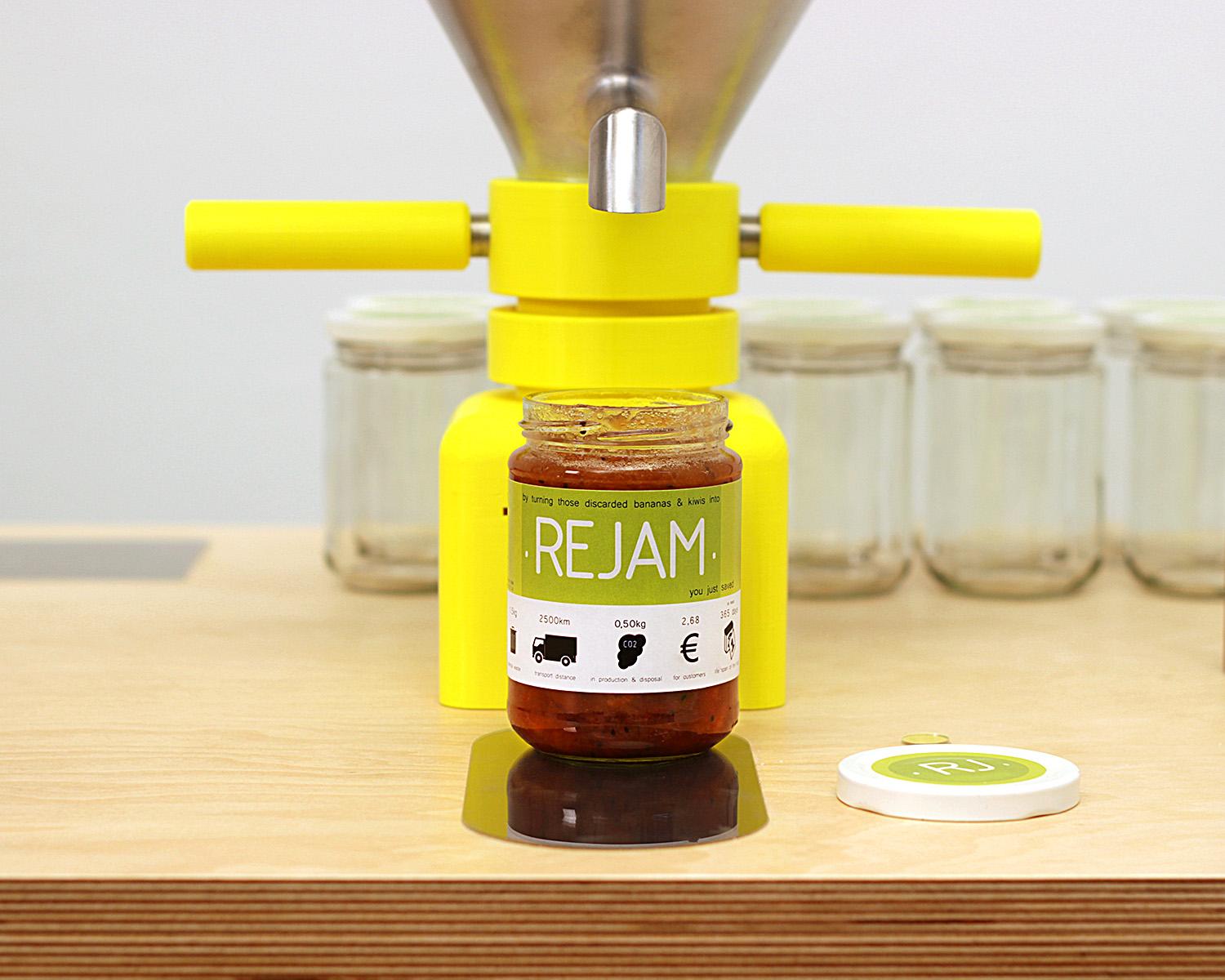

3. Pick Up
collect your ReJAM after about 10 min of boiling
INSIGHTS INTO FIELD RESEARCH
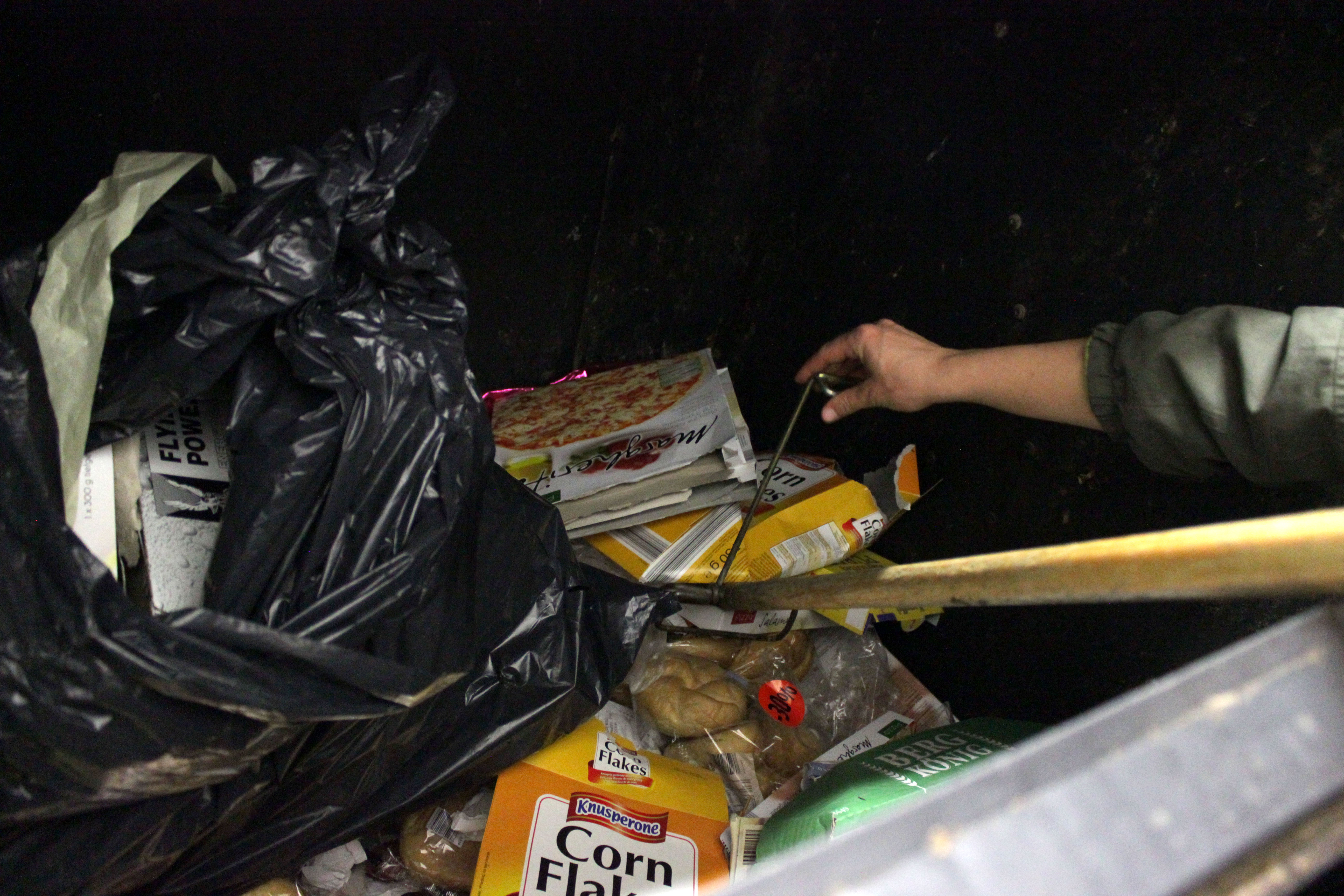

during dumpster diving we explored methods to grab edibles from waste containers
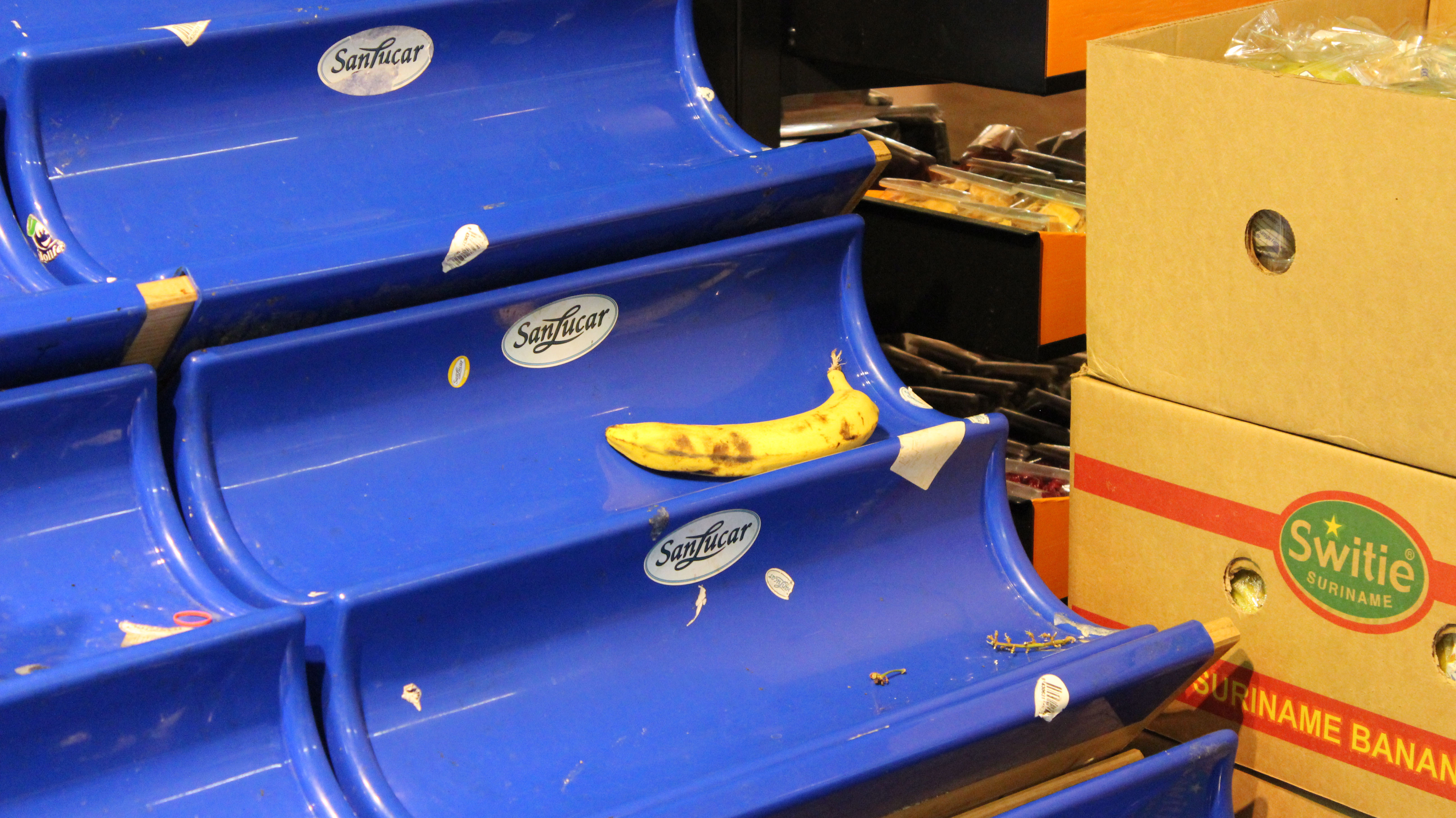

field research in supermarkets: single bananas are often negleted
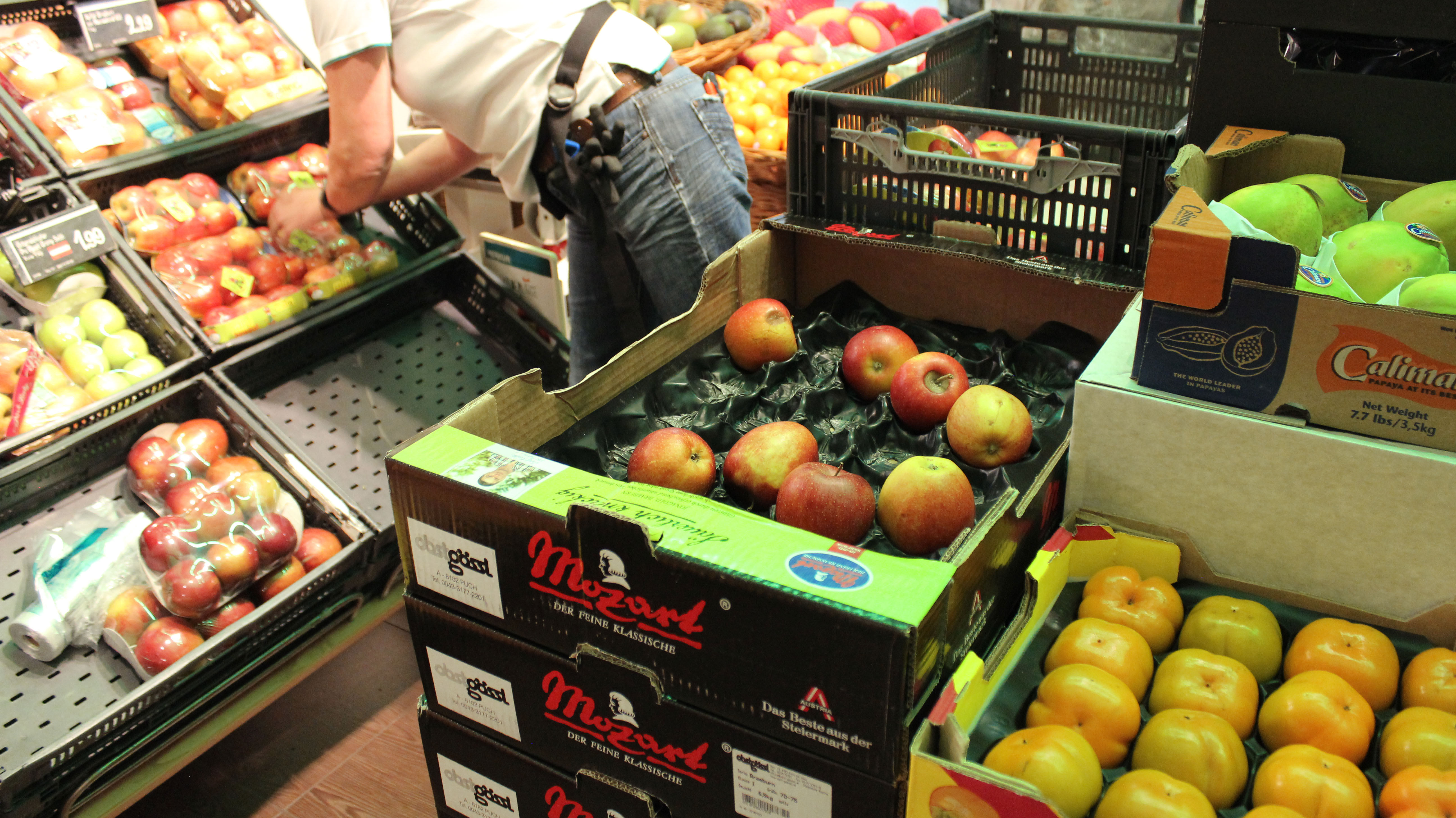

every morning the fruits are checked by the employees and sorted out manually
